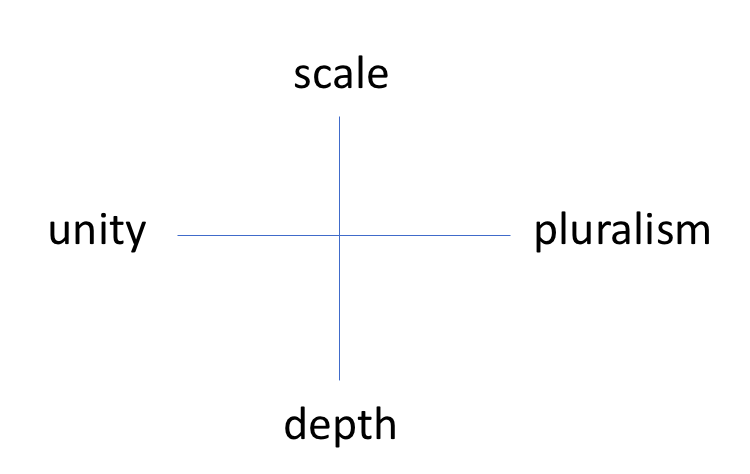- Facebook14
- Total 14
Cases for Culture is an initiative that explores “a Hybrid Genre of Scholarship between STEM and the Humanities.” One of the cases on its website is an interdisciplinary study that I am part of. We are investigating the impact of a new arts center on Boston’s Chinatown, with a focus on whether it combats the negative consequences of gentrification. Our team encompasses humanists from Drama & Dance and social scientists from Public Health and Urban and Environmental Policy and Planning, with me (a philosopher morphed into some kind of social scientist) as the PI.
The question for this post is: What do the humanities contribute? What can they offer that is not available from the social and behavioral sciences? I’d suggest:
- Answers to the question: What is this thing? What should we call this human-made practice, artifact, or phenomenon? What adjectives may we apply to it?
- Is it good? “Good” here is a shorthand for other value-laden concepts, such as “authentic,” “equitable,” “beautiful,” “liberatory,” and many more.
In our study of the Pao Arts Center in Chinatown, I take these to be social science questions: Who attends arts events? Why? What happens to them as a result? What are the broader consequences? How and why is the Center supported?
But I take these to be humanities questions: What are the performances that people see at Pao? For instance, is a given performance rightly named a “classical Chinese opera”? If so, what does that mean? What are its origins and boundaries and how has it varied? Or: what is the building in which Pao is situated? Is it a “modern” high-rise? A work of “Western” architecture? And can we call a specific classical Chinese opera performed in a specific way in a particular 21st-century high-rise in Boston’s Chinatown “authentic,” “traditional,” “innovative,” “appropriated,” “self-conscious,” “popular,” “elitist,” or “subversive”?
To address those questions, one must interpret the cultural product itself. Putting the interpretation together with social scientific findings about causation creates a powerful hybrid. Only through this combination can one say whether it is desirableto introduce a certain genre or style of culture into this social context.
Some caveats:
First, the disciplines are not as sharply distinguishable as I have implied. Any person can contribute to inquiries within any discipline (if given appropriate support and a willingness to learn). And each discipline is continuous with everyday human cognition. Even astrophysics is a distant extension of our ordinary interactions with physical objects and our naked-eye stargazing. Still, disciplines extend our everyday cognition in impressive ways. Like other forms of specialization, they enable greater sophistication. The humanities dramatically extend our everyday capacity for interpreting the deliberate creations of other human beings.
Second, in claiming that the humanities address the question “What is this?” I do not imply that a given artifact has an essence. The Pao Arts Center, for example, is an assemblage of very diverse performances, each performed by many people who have diverse intentions, for notably heterogeneous audiences in a complex space that evolves over time. So any responsible answer to the question, “What is the Pao Arts Center?” must be long and complicated. It’s an essay question, not multiple-choice. But that simply reinforces the importance of the question. A cultural product is not like a chemical compound that has predictable effects in a body. Complex as chemistry may be, culture is much more so.
Third, I don’t mean that humanists monopolize normative (moral, ethical, political, and aesthetic) judgment. All human beings have rights to make their own judgments; claiming expertise about the right and the good is problematic. Still, the humanities tend to pose relatively subtle questions that have normative implications–not “Was that a good show?” but rather “Was that a traditional rendition of the opera?” “In what ways was it innovative?” Expertise is useful for these questions. Also, the humanities demand reasons for normative claims. In a peer-reviewed article, you don’t just assert that a work of art was (for example) “appropriated.” You argue for that thesis. Thus the humanities represent the everyday practice of deliberation–giving reasons for value-laden interpretations–made more sophisticated by specialization.
See also what are the humanities? (basic points for non-humanists); an empirical study of the humanities; can the arts mitigate the harms of gentrification? A project in Boston’s Chinatown; the Tisch Program in Public Humanities; and how to tell if you’re doing good

